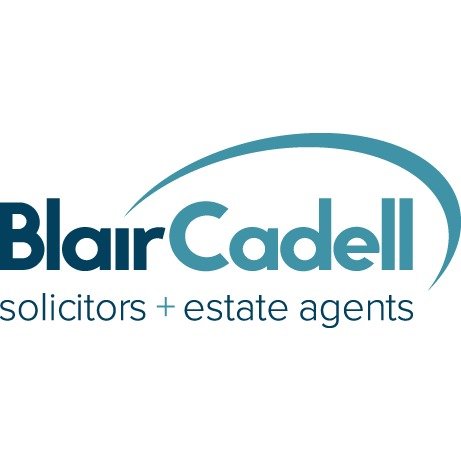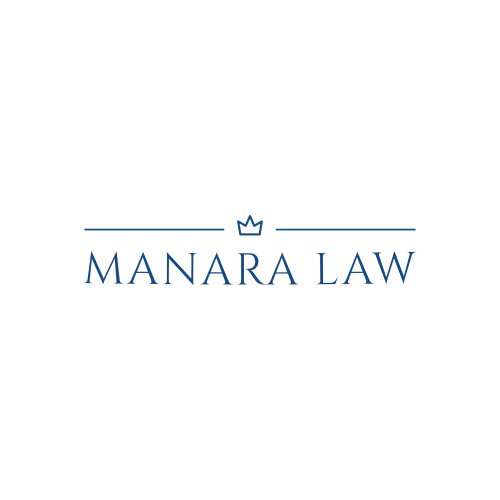Best Corporate & Commercial Lawyers in United Kingdom
Share your needs with us, get contacted by law firms.
Free. Takes 2 min.
Or refine your search by selecting a city:
List of the best lawyers in United Kingdom
About Corporate & Commercial Law in United Kingdom
Corporate and commercial law in the United Kingdom regulates the legal framework within which businesses operate. This area of law covers the formation, management, and dissolution of companies, as well as the rules that govern the way businesses enter into contracts, manage relationships with suppliers and customers, and handle commercial transactions. Corporate law typically focuses on issues relating to company structure, shares, directors, and compliance, while commercial law deals with the day-to-day legal aspects of running a business, such as buying and selling goods or services, franchising, partnerships, and mergers or acquisitions. The UK boasts a robust legal system that provides a reliable foundation for business, making it an attractive location for both domestic and international enterprises.
Why You May Need a Lawyer
There are many situations in which individuals and businesses may require legal assistance in the field of corporate and commercial law. Examples include forming a new company, drafting or reviewing contracts, obtaining financing, handling disputes between shareholders or partners, protecting intellectual property, restructuring your business, or planning and executing mergers or acquisitions. A lawyer can ensure compliance with UK regulations, help mitigate risks, and represent your interests in negotiations or litigation. Whether your business is a start-up needing foundational advice or a long-standing company facing complex transactions, having expert legal guidance is crucial to safeguard your position and ensure that all processes are carried out legally and efficiently.
Local Laws Overview
UK corporate and commercial law is primarily governed by legislation such as the Companies Act 2006, the Insolvency Act 1986, and the Competition Act 1998. In addition, common law principles developed through court decisions play a significant role. Key elements include company formation and registration, director duties, shareholder rights, corporate governance, protection against unfair competition, consumer rights, and contract law. Compliance with regulatory bodies such as Companies House and the Financial Conduct Authority is essential. Data protection and anti-money laundering regulations also have a significant impact on how companies conduct business. UK law is known for its clarity and flexibility, but navigating the various obligations and consequences requires careful attention and up-to-date knowledge.
Frequently Asked Questions
What is the process for setting up a company in the UK?
To set up a company, you need to choose a company structure, select a company name, appoint directors and shareholders, and register the company with Companies House. You must also comply with corporate governance requirements and may need to register for VAT, corporation tax, or other applicable regulations depending on your business activities.
What are the responsibilities of a company director?
Directors in the UK have legal duties to act in the company's best interests, avoid conflicts of interest, exercise reasonable care and skill, and comply with statutory obligations. Failure to meet these duties can lead to personal liability and even disqualification from serving as a director.
How can I protect my business’s intellectual property?
Businesses can protect intellectual property through trademarks, patents, copyright, and design rights. Registering these rights with the relevant UK authorities offers legal protection against unauthorized use and enables you to enforce your rights if necessary.
Are shareholder agreements necessary?
While not legally required, shareholder agreements are highly recommended. They outline the rights, responsibilities, and protections for shareholders, and can help prevent disputes by providing a clear procedure for dealing with disagreements, exits, and other key issues.
What happens if a business gets into financial difficulty?
If a business faces insolvency or financial distress, directors have a duty to act in the best interests of creditors. There are various procedures, such as administration or liquidation, designed to manage or resolve the company's debts. Legal advice is essential in these scenarios to ensure compliance and limit personal liability.
What laws govern commercial contracts in the UK?
Commercial contracts in the UK are governed by principles of contract law, primarily based on common law. Contracts must have an offer, acceptance, consideration, and an intention to create legal relations. There are also specific regulations for unfair contract terms, consumer rights, and distance selling.
Can foreign nationals set up a business in the UK?
Yes, foreign nationals can set up and own a UK company. There are no nationality or residency requirements for directors or shareholders, though you must have a UK-registered office address and comply with anti-money laundering regulations.
What are the requirements for employment law compliance?
Employers in the UK must comply with laws regarding employment contracts, minimum wage, health and safety, working hours, pensions, and anti-discrimination. Legal advice can help draft compliant contracts and policies, reducing the risk of disputes or penalties.
How are mergers or acquisitions handled legally?
Mergers and acquisitions involve due diligence, contract negotiation, regulatory approvals, and integration planning. The process is complex and subject to competition law and sometimes sector-specific rules. Legal support is key to managing risk and ensuring all legal requirements are met.
What should I do if I am in dispute with a business partner or co-shareholder?
Disputes may be resolved through negotiation, mediation, or litigation. Reviewing shareholder or partnership agreements is important, as many outline specific dispute resolution procedures. Consulting a legal professional can help protect your interests and suggest amicable solutions.
Additional Resources
- Companies House: The official UK government register of companies, providing information and resources for incorporation, filing, and compliance.
- Financial Conduct Authority (FCA): The conduct regulator for financial services firms and financial markets in the UK.
- Intellectual Property Office: The government body responsible for intellectual property rights including patents, trademarks, designs, and copyright.
- The Insolvency Service: A government agency offering guidance on insolvency, company liquidation, and director responsibilities.
- Federation of Small Businesses (FSB): An organisation supporting small businesses with advice on legal, financial, and commercial issues.
- Citizens Advice: An independent charity offering free, confidential advice on all aspects of UK law, including business and consumer rights.
Next Steps
If you require legal advice or services in any area of corporate and commercial law, consider seeking a solicitor who is experienced in these matters. Start by identifying the specific issue you are facing and gather any relevant documents or information. You can use resources like the Law Society’s solicitor search to find qualified professionals in your area. Before your meeting, prepare a list of questions and objectives to ensure you get clear, practical advice. Do not delay in seeking guidance, especially if you are dealing with tight deadlines, legal disputes, or regulatory requirements, as prompt action can be crucial in protecting your interests and ensuring compliance with UK law.
Lawzana helps you find the best lawyers and law firms in United Kingdom through a curated and pre-screened list of qualified legal professionals. Our platform offers rankings and detailed profiles of attorneys and law firms, allowing you to compare based on practice areas, including Corporate & Commercial, experience, and client feedback.
Each profile includes a description of the firm's areas of practice, client reviews, team members and partners, year of establishment, spoken languages, office locations, contact information, social media presence, and any published articles or resources. Most firms on our platform speak English and are experienced in both local and international legal matters.
Get a quote from top-rated law firms in United Kingdom — quickly, securely, and without unnecessary hassle.
Disclaimer:
The information provided on this page is for general informational purposes only and does not constitute legal advice. While we strive to ensure the accuracy and relevance of the content, legal information may change over time, and interpretations of the law can vary. You should always consult with a qualified legal professional for advice specific to your situation.
We disclaim all liability for actions taken or not taken based on the content of this page. If you believe any information is incorrect or outdated, please contact us, and we will review and update it where appropriate.
Browse corporate & commercial law firms by service in United Kingdom
United Kingdom Attorneys in related practice areas.
Browse corporate & commercial law firms by city in United Kingdom
Refine your search by selecting a city.

















